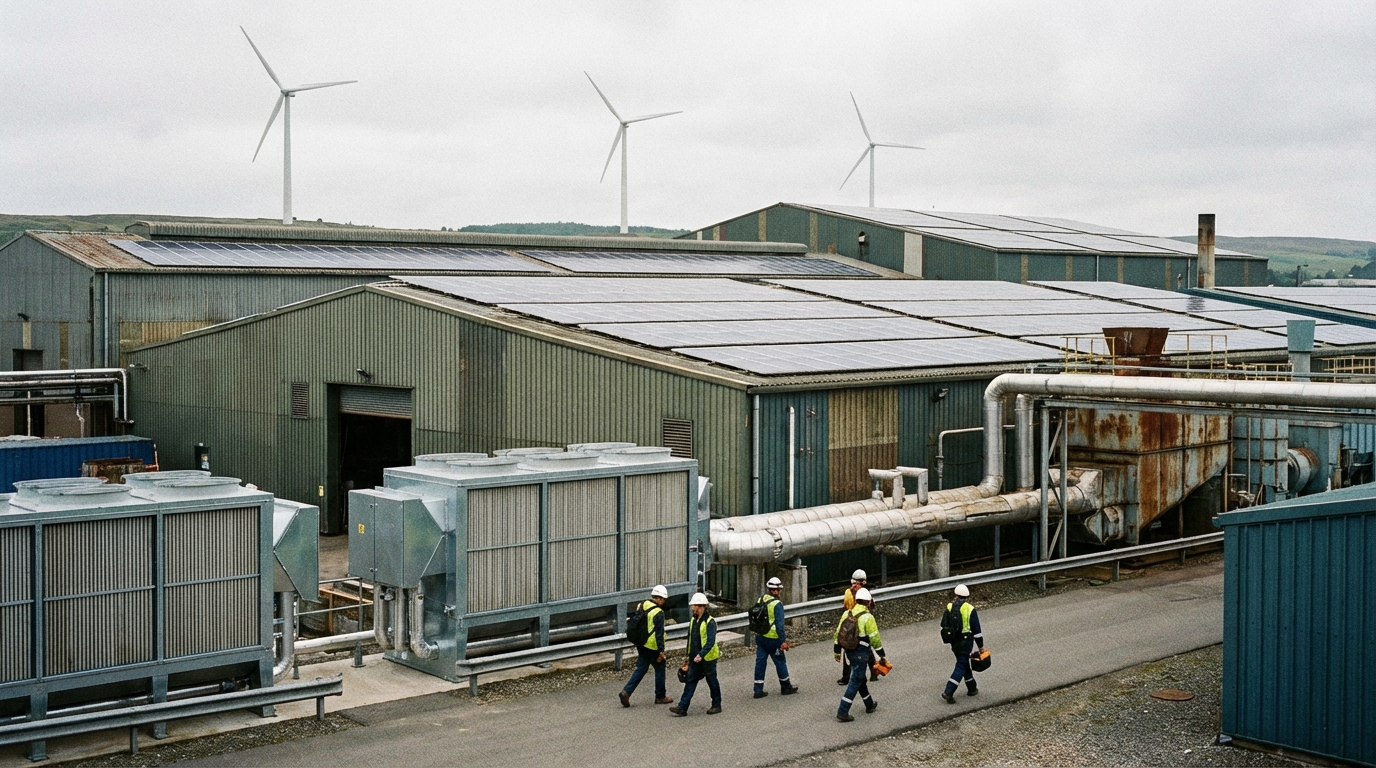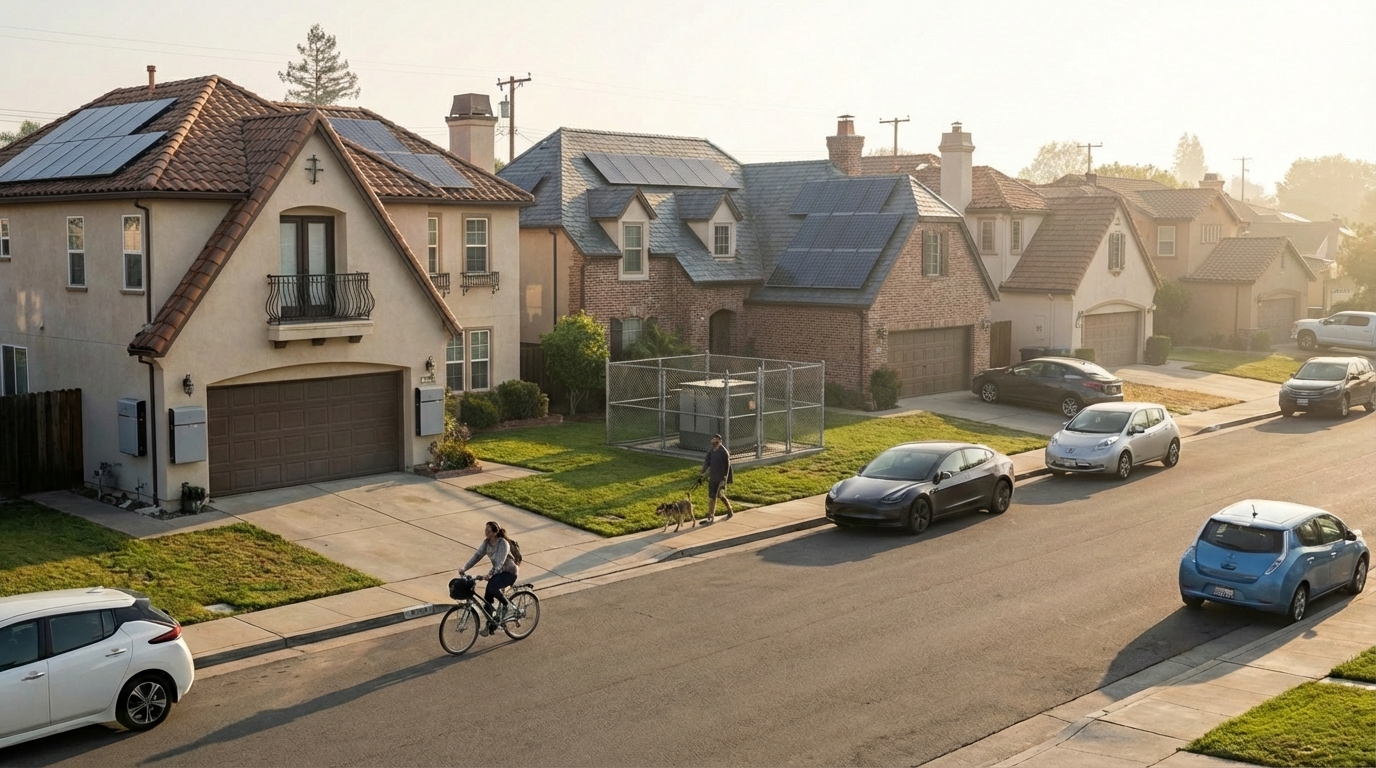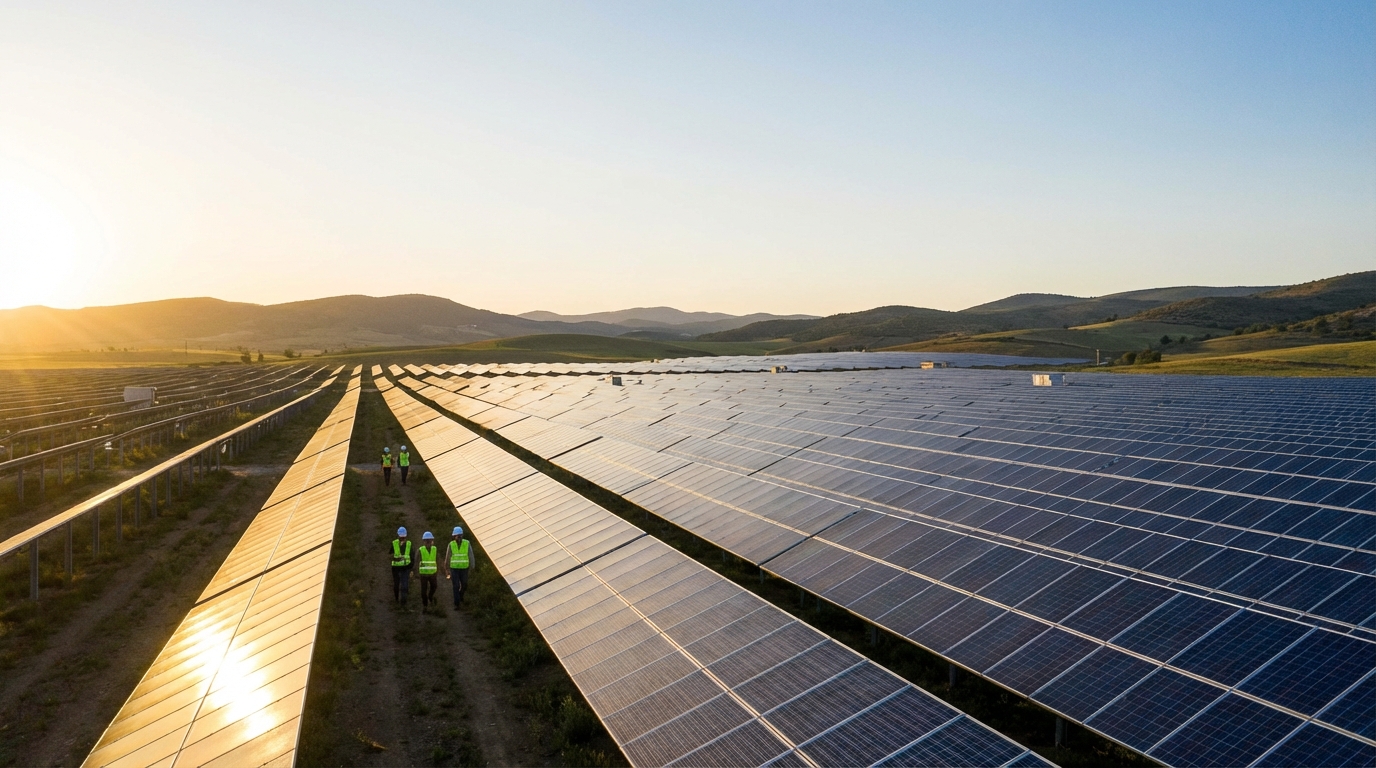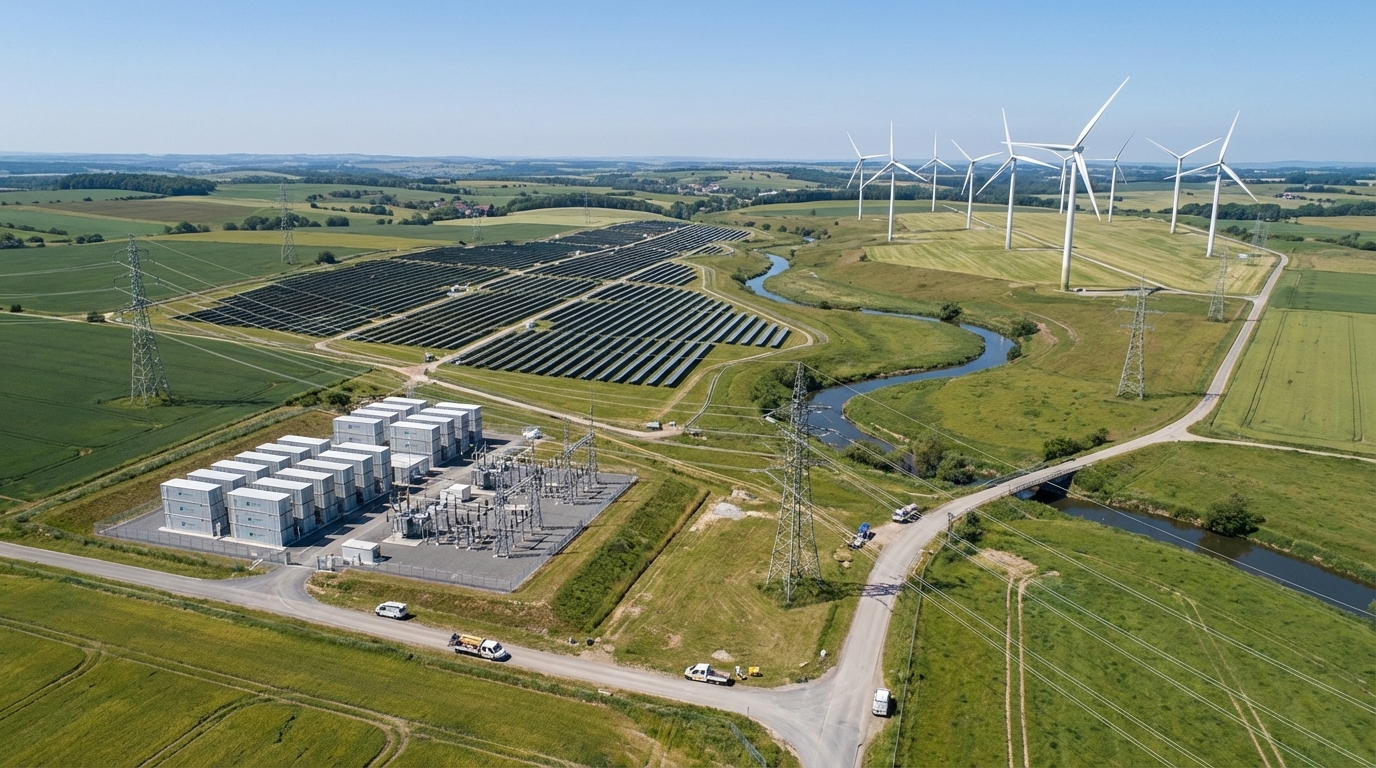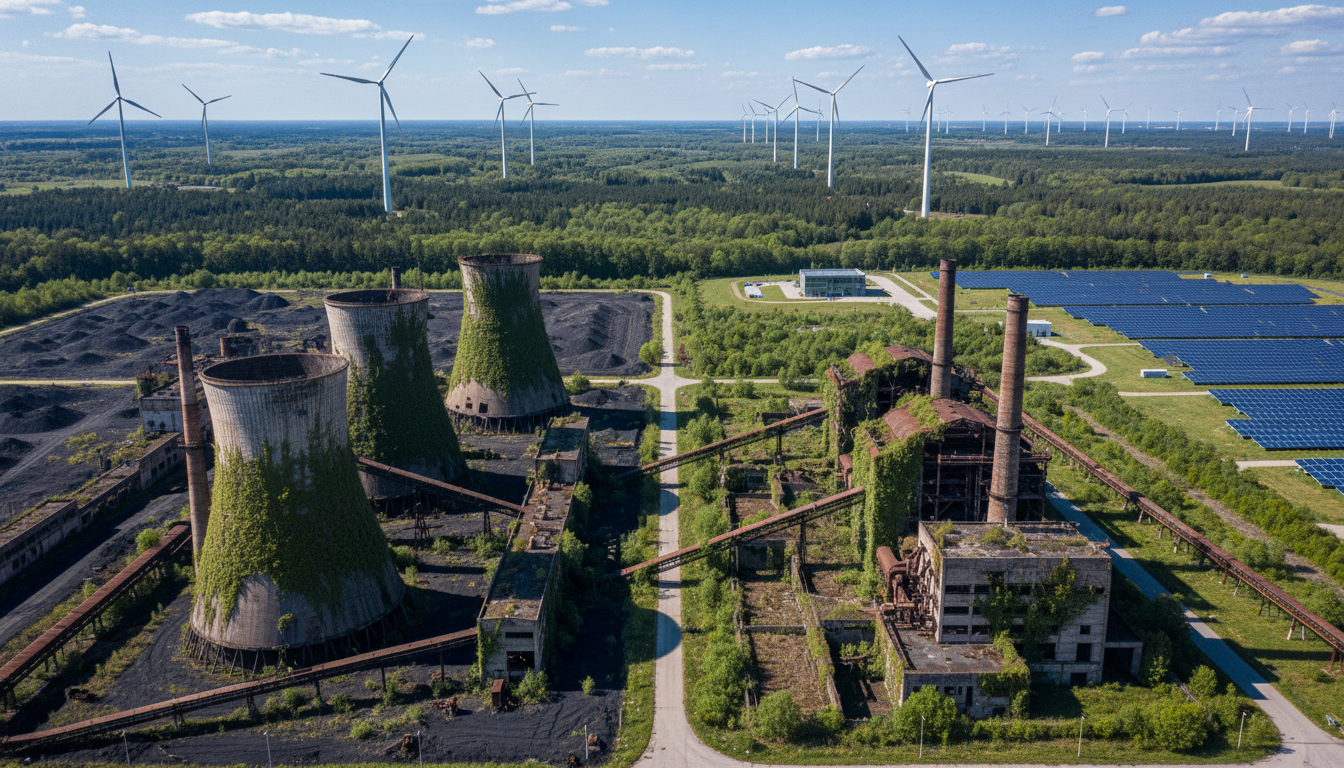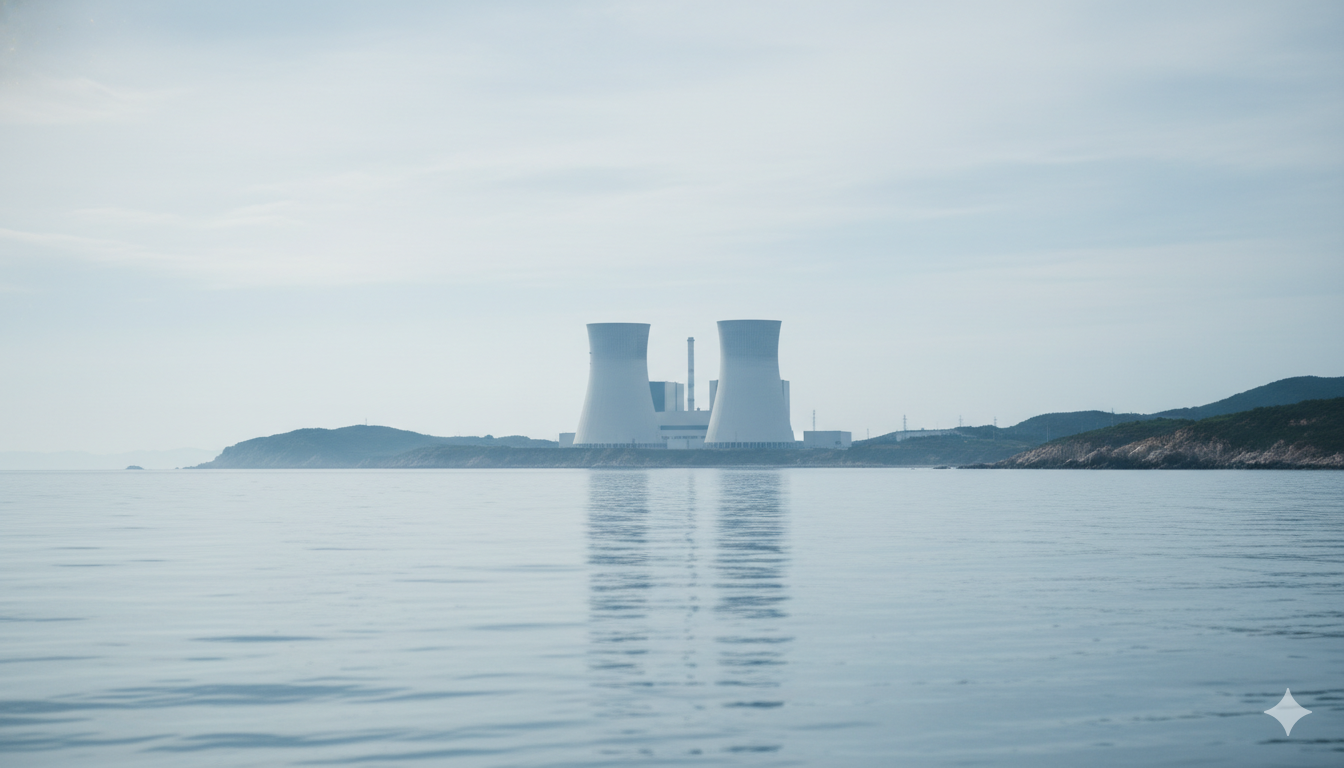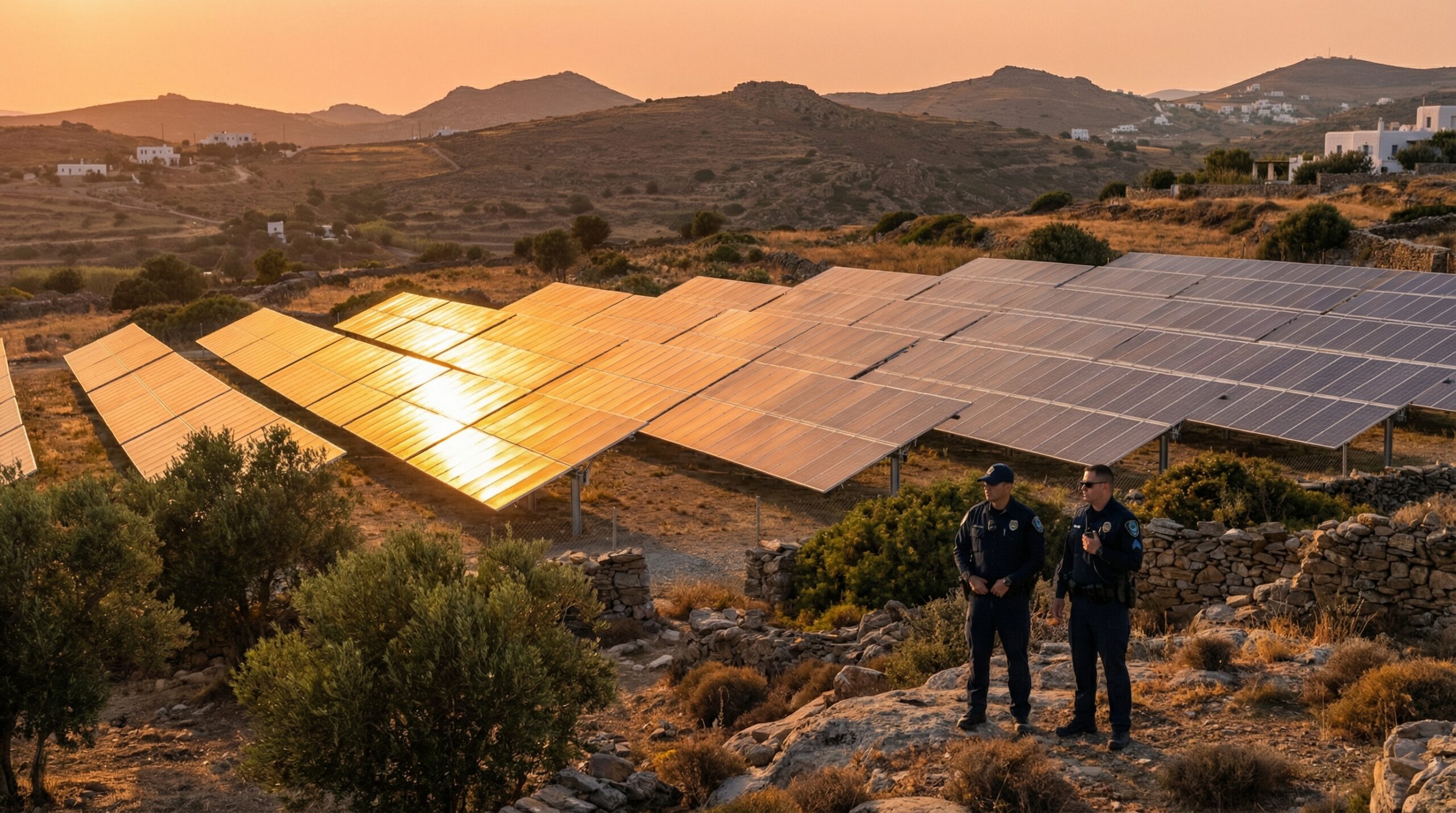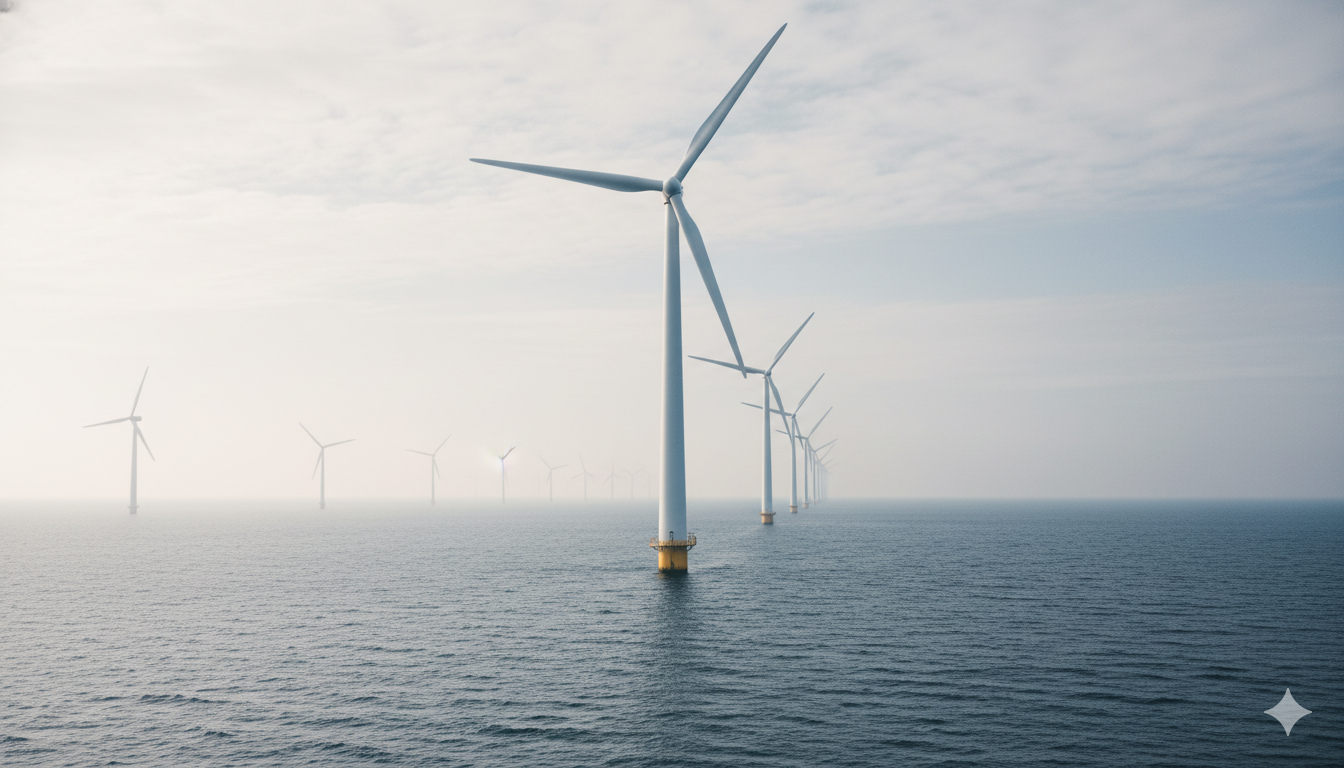Why subscribe to the Weekly EU Energy PQ Newsletter?
Recent EU Energy Policy Insights
Why Parliamentary Questions Matter in EU Energy Policy
Parliamentary Questions (PQs) are one of the clearest early-warning signals in EU Energy policy. Questions from Members of the European Parliament flag what’s rising on the EU energy docket and elicit official clarifications from DG ENER on scope, timing, and planned measures.
Early policy signals from Brussels
PQs often surface issues before they appear in draft laws or delegated/implementing acts. Monitoring them helps you anticipate developments across electricity market design, renewables (RED III), energy efficiency (EED), the gas & hydrogen market package, grids and interconnectors (TEN-E/PCIs/PMIs), storage and flexibility, and security of supply (REPowerEU).
Accountability and the official line
Commission replies provide the institution’s official position—scope, timelines, guidance, and next steps. For practitioners searching for DG ENER updates, ACER/REMIT enforcement, network-code changes, or Council progress, PQs are a fast route to reliable, primary information.
Who benefits from monitoring PQs
Utilities, TSOs/DSOs, generators, OEMs, hydrogen developers, energy traders, large industrial consumers, and Brussels public-affairs teams use PQs to track legislative risk, identify timing windows, and align advocacy with institutional priorities at the European Parliament, the Commission (DG ENER), the Council, ACER, ENTSO-E/ENTSO-G, and national regulators.
Topics you’ll see frequently in EU Energy PQs
- Electricity Market Design (EMD): PPAs, CFDs, capacity mechanisms, demand response, price signals
- Renewables and permitting: RED III implementation, auctions, Guarantees of Origin, grid connection queues
- Gas & hydrogen package: unbundling, network tariffs, hydrogen backbone, storage obligations
- Grids & interconnectors: TEN-E, Projects of Common Interest, offshore grids and hybrid interconnectors, congestion management
- Storage & flexibility: batteries, pumped hydro, demand-side flexibility, balancing markets
- Security of supply and crisis measures: gas storage targets, solidarity mechanisms, emergency interventions
- Market integrity: ACER guidance, REMIT surveillance, penalties and compliance
- Energy efficiency and buildings: EED targets, EPBD reforms, heat pumps, district heating
- State aid and financing: CEEAG, Innovation Fund, Connecting Europe Facility, IPCEIs
- Industrial competitiveness and carbon policies: ETS interactions, CBAM impacts on power-intensive industry
Method: document-first, no spin
Our newsletter is grounded in official EU documents—PQs and Commission replies—summarised for speed and relevance. It’s a concise, EU Energy policy newsletter that converts institutional noise into weekly, scannable insights.
Subscribe to “PQ Insights — EU Energy” to get weekly EU Energy policy updates and European Parliament Energy questions delivered to your inbox.



